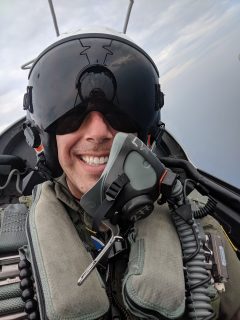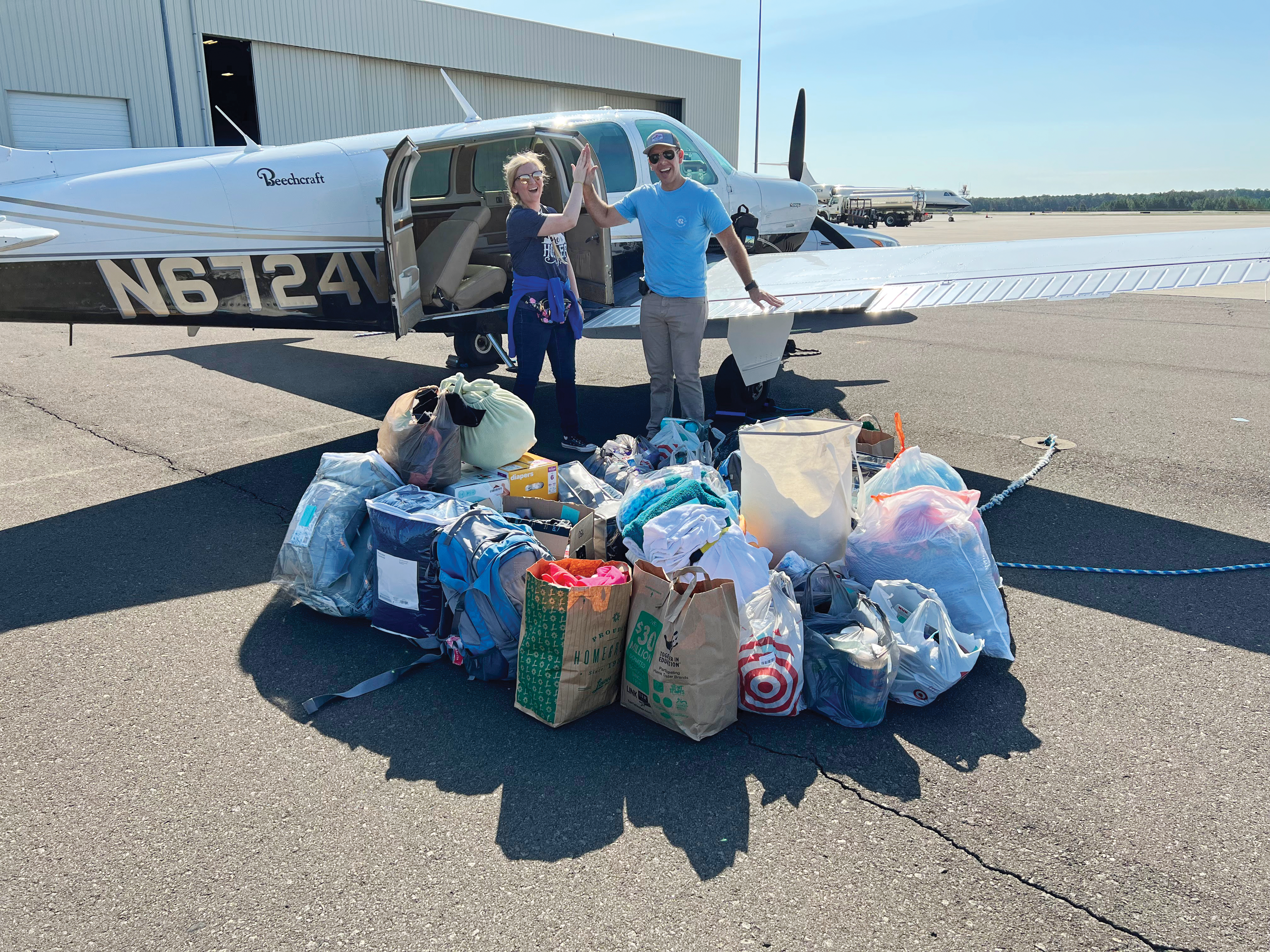From the U.S. Navy to UNC Medical Center, Sholes is always ready for his next mission.
Service has been ingrained in Dr. Phillip Sholes ’09 since his time at Elon. There he grew as a person and developed a sense of gratitude that has guided how he has experienced the world.
“Each step of the way I was grateful to be where I was, and I learned to seek out mentors everywhere I went,” he says. “I was grateful for my Elon experience — that close-knit connection between faculty and students — and for my mentor, [Associate Professor of Biology] Yuko Miyamoto.”
After graduating from Elon, Sholes joined the U.S. Navy, where he found the support necessary to attend medical school at Virginia Commonwealth University. As he prepared to leave active duty, he wasn’t sure what his next step in the medical field would be. He eventually became drawn to anesthesia “to learn how to care for critically ill patients in an all-encompassing manner,” he says.
There are many parallels between administering anesthesia and flying a plane — for instance, both include multiple checklists and systematic review of processes — so it was no surprise that Sholes began taking flight lessons while in medical school. “It was such a freeing experience to slip the bonds of gravity and soar amongst the clouds,” he says, adding that he was fortunate to be accepted into the U.S. Navy’s flight surgeon training program. There, he learned aerospace medicine and experienced the rigors of pilot training firsthand.

Five years of active duty later, Sholes owns his own plane, a four-seater single-engine Piper Arrow, and is an anesthesiology resident at the University of North Carolina at Chapel Hill. This summer, during a weekend on call, he learned that the childhood home of one of his colleagues, neurosurgeon Randi Barnett, had flooded and her family was displaced after historic flooding in Kentucky.
“I thought of what anguish my colleague must be experiencing performing life-saving surgeries for her patients but unable to leave to help her family,” he says.
He was ready for his next mission, so he offered to help.
What began as an impromptu flight mission became a way for colleagues to show their support for Barnett and her hometown. As soon as flight restrictions were lifted, Sholes and Barnett headed for the heart of the flooding zone and her home in Hazard, Kentucky, carrying more than 400 pounds of supplies in tow.
Because of poor visibility, Sholes flew by just the reference of the plane’s instruments. When they arrived, “we appeared to be the first civilian airplane to land into the airfield,” he says. “We had safely brought Dr. Barnett home.”
Seeing his colleague get the chance to hug her family and make sure they were OK made it all worth it. They grudgingly left Kentucky, knowing there was still much work to be done but thankful for the small part they played in bringing help.
At every point in his career, Sholes is paying it forward. He attributes his success to the mentorship of professors like Miyamoto and others who have guided him throughout his career.
“Finding myself in a medical career that I love and being able to continue to pursue my passion for aviation is something that has been incredibly fulfilling for me,” he says. “Be grateful for wherever you are in your life’s journey and always seek mentors in everything you do.”



